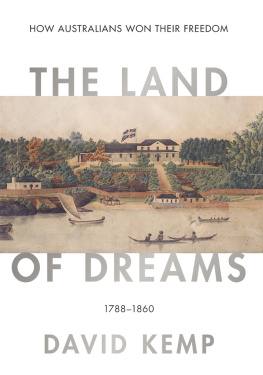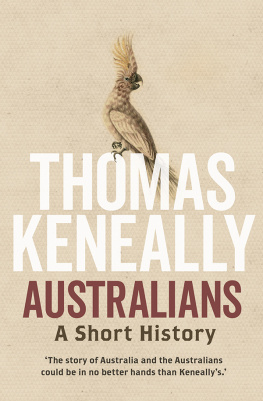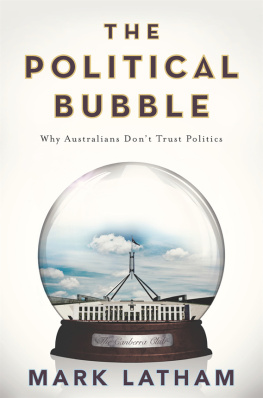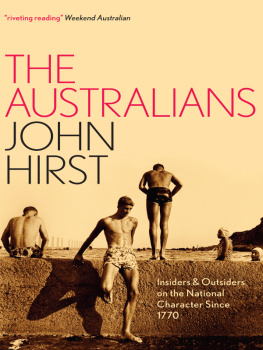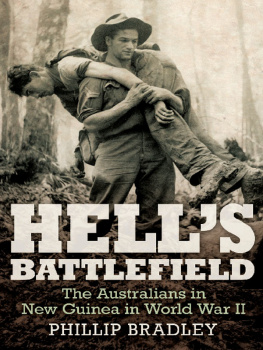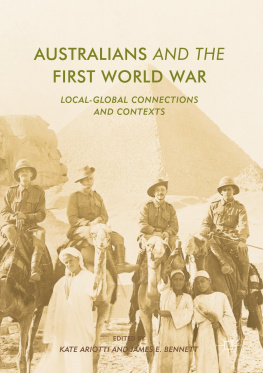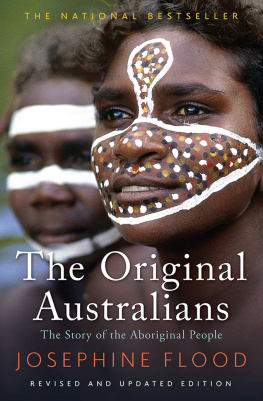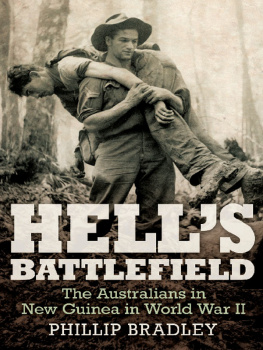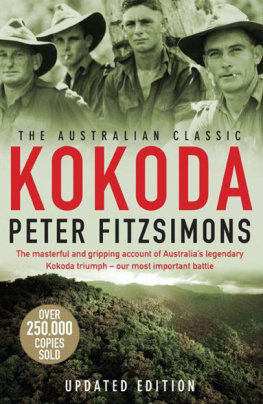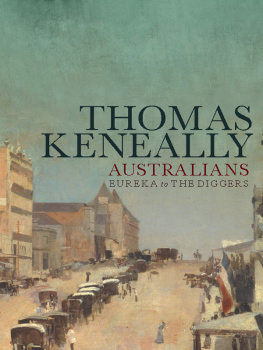This is number one hundred and eighty
in the second numbered series of the
Miegunyah Volumes
made possible by the
Miegunyah Fund
established by bequests
under the wills of
Sir Russell and Lady Grimwade.
Miegunyah was the home of
Mab and Russell Grimwade from 1911 to 1955.
THE LAND OF DREAMS
HOW AUSTRALIANS WON THEIR FREEDOM
17881860
DAVID KEMP

Other volumes in the Australian Liberalism series cover the years
18601901
19011930
19311966
19662018

William Charles Wentworth (17901872) was the first Australian-born political leader, and campaigned successfully to bring constitutional self-government and civil liberties to Australia.
THE MIEGUNYAH PRESS
An imprint of Melbourne University Publishing Limited
Level 1, 715 Swanston Street, Carlton, Victoria 3053, Australia
www.mup.com.au

First published 2018
Text David Kemp, 2018
Design and typography Melbourne University Publishing Limited, 2018
This book is copyright. Apart from any use permitted under the Copyright Act 1968 and subsequent amendments, no part may be reproduced, stored in a retrieval system or transmitted by any means or process whatsoever without the prior written permission of the publishers.
Every attempt has been made to locate the copyright holders for material quoted in this book. Any person or organisation that may have been overlooked or misattributed may contact the publisher.
Text design and typesetting by Cannon Typesetting
Cover design by Philip Campbell Design
Printed in Australia by McPhersons Printing Group

For Anne Marie
I am an optimist, for I believe that the human mind, if it accepts responsibility and is allowed to be free, will always evolve a better social order. This is the root principle of Liberal philosophy.
F.W. Eggleston, Reflections of an Australian Liberal, Cheshire, Melbourne, 1953, p. 258
Contents

Illustrations
Preface

T HIS BOOK IS the product of both academic study and a career as a practising politician. It has been provoked by a long awareness that much of what is important about Australian politics and government remains either untold or distorted to fit certain intellectual or political agendas. We all have agendas of course, but when almost half of the participants in our political life struggle to locate the story of their politicsits historic contributions and traditionsthere is clearly a gap to be filled.
The story of liberalism in Australia that I recount in this book contains much that is unfamiliar even to well-informed readers, yet it is the product principally of drawing together information widely spread among many secondary sources, together with extensive searches of contemporary newspapers and other primary sources. Among the secondary sources, the superb Australian Dictionary of Biography (ADB) is foremost, while for primary newspaper sources the National Library of Australias Trove system has been indispensable. For much of the period, parliamentary and public speeches of political leaders were published verbatim or in indirect speech in newspapers, which also contain much relevant context in the form of reporting and commentary.
I want to thank the University of Melbourne for appointing me as a Vice-Chancellors Fellow, and its Vice-Chancellor Glyn Davis for encouraging me in that role to undertake the research project from which this book has emerged. The research support offered by the University was a key incentive to beginning the work, and Glyn himself devoted considerable time to reading and commenting on the text. I also want to acknowledge the Australia and New Zealand School of Government, and especially its founding Dean, Allan Fels, and his successor, Gary Banks, for supporting this work and providing me with office space for myself and my books throughout the writing of this account. It was my association with ANZSOG that especially encouraged the emphasis on policy that informs the whole study. Peter Allan also provided both interest and good advice in helping to advance the book to its final stages.
I owe a particular debt of gratitude to my former colleague in the Faculty of Economics and Politics at Monash University, Denis White, for his engagement and encouragement with this project throughout the writing of it. Denis shared his great understanding of ideas and their history from a philosophers perspective and thereby helped me to better formulate my treatment of key moments in the development of liberal thought. My brother Rod also showed stamina and enthusiasm, and made many useful comments.
The late John Hirst, a wonderful historian of Australian life, Professor of History at La Trobe University, read the text and drew my attention to events and interpretations from his fund of knowledge and insight. Andrew Norton, a self-identified classical liberal, commented helpfully, as did my son Andrew.
I thank David Furse-Roberts for his assistance in reading and checking the text and footnotes for publication, for his support for this project, and for his useful comments. Without the support and efforts of Nick Cater at the Menzies Research Centre, the publication of this book would have been long delayed. Its publication would not have occurred at all without the support of Sam Lipski and the Pratt Foundation, and John Roskam of the Institute of Public Affairs.
I thank the editor Cathryn Game for her skilled and helpful reading of the manuscript, and John Nethercote for his engaged, knowledgeable and detailed assistance.
Cathryn Lea Smith has overseen the design of the book, kept the whole project moving and has contributed substantially to the quality of the illustrations. She has my deepest gratitude.
Finally, I thank my wife Anne Marie for her love and support over the years that this project has consumed, and her enthusiasm for the publication of the results of my labours. Her faith has buoyed me up and encouraged me to believe that this book was indeed possible.
Introduction

T HIS VOLUME TELLS the story of how Australians became a free people, gaining the liberties they desired to take control of their own lives, the freedom and right to govern themselves and the capacity to address their own political problems through democratic institutions.
It is therefore the story of how the Australians laid the foundations for one of the worlds most successful countries, which has achieved unprecedented levels of personal freedom and social equality.
Next page
